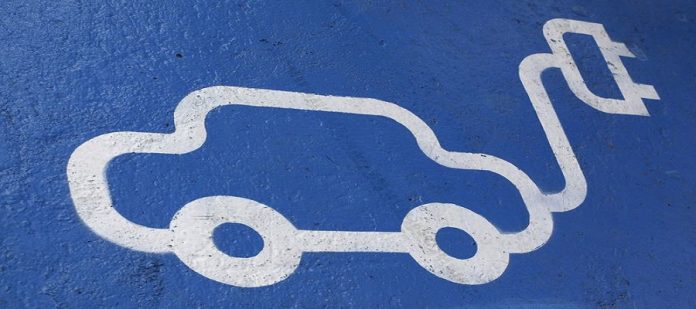In India, the JSW Group is currently engaged in initial talks with the Chinese automaker Leapmotor regarding the potential licensing of electric vehicle (EV) technology for manufacturing in India, according to sources familiar with the matter.
Under the proposed technology license agreement, JSW would utilize Leapmotor’s platform, which serves as the foundation for building cars, to produce EVs in India bearing its own brand. This marks JSW’s second attempt to enter the rapidly expanding Indian EV market.
One source indicated that JSW intends to leverage a single platform capable of producing at least three mid-sized sport-utility vehicles (SUVs), with Leapmotor also involved in engineering these vehicles for the Indian market. However, no specific commencement date for production has been disclosed by the sources.
JSW has also explored the possibility of acquiring a stake in MG Motor India, which is owned by China’s SAIC Motor Corp, for its EV initiatives in India. However, these discussions have reportedly stalled.
Tata Motors currently dominates the small EV market in India, representing less than 2% of all vehicle sales in the previous fiscal year. The government aims to increase EV sales to 30% of total vehicle sales by 2030, reflecting the rapid growth in this sector.
One source emphasized that JSW’s primary objective is to introduce its own branded vehicles, and therefore, access to the necessary technology is crucial. JSW has also been in discussions with several other Chinese automakers.
Since the discussions are ongoing and no final decisions have been reached, the sources have chosen to remain anonymous. Leapmotor has not provided any official response to these developments.
While Sajjan Jindal, the billionaire chairman of JSW, declined to comment, he has previously expressed his ambition to venture into the EV market and has discussed potential collaborations with MG Motor. JSW made its initial foray into electric vehicles in 2016.
Recent reports in the Indian media have suggested that JSW is in technical negotiations with Chinese firms and is also exploring the purchase of Ford Motor Co.’s southern India plant, where production ceased last year after Ford exited the Indian market.
The specific details of the discussions with Leapmotor have not been previously disclosed. Tesla has also shown interest in the Indian market and is engaged in discussions with the Indian government regarding the establishment of a factory to produce affordable EVs. The government is developing incentives, including lower import taxes, to attract EV manufacturers to invest in domestic manufacturing.
Leapmotor, founded in 2015, currently offers four mass-market electric cars and holds a market share of less than 2% in China’s competitive EV industry. The company recently unveiled a new EV platform and intends to license it to other automakers.
Through its collaboration with JSW, Leapmotor would have the opportunity to tap into the Indian market, especially as Chinese companies face challenges in establishing manufacturing operations in India due to stricter regulations on foreign investment from neighbouring countries, as noted by one source. This has prompted companies like MG Motor India to seek local investors such as JSW to secure a foothold in the Indian market.
Media reports have also indicated that Leapmotor has been in discussions with other prominent automakers, including Stellantis and Volkswagen.









